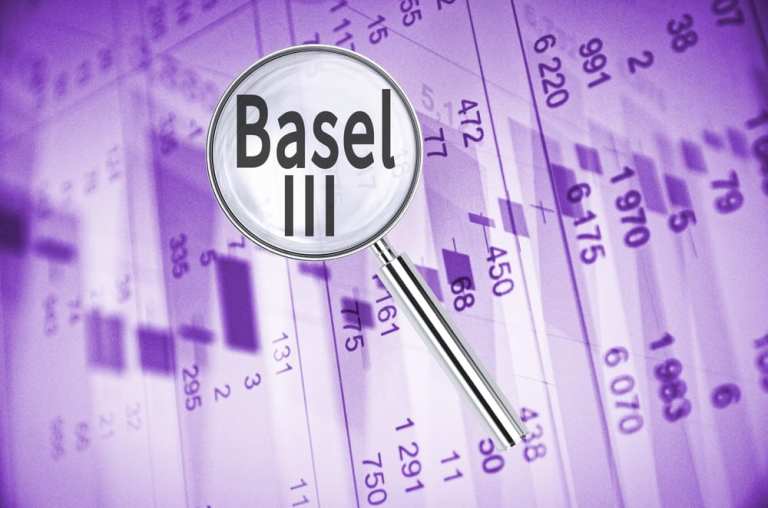How Basel III Affected SMB Lending

The Financial Stability Board says Basel III rules have not led to a squeeze of the small business bank lending market, according to reports on Friday (June 7).
The FSB announced Friday the findings of its analysis of Basel III regulations on the small business lending space. Basel III regulations, which were agreed upon in 2010 and set to be fully in effect by 2027, imposed stricter capital requirements on financial institutions that some critics argued stifled FIs’ ability to provide loans to small and medium-sized businesses (SMBs).
Some regulators aimed to mitigate that impact. In Europe, the European Union introduced lower capital requirements for banks’ small business lending operations, reports noted, adding that EU analysis found in 2016 that those efforts did not actually lead to an increase in small business lending by banks.
“The more stringent risk-based capital (RBC) requirements under Basel III slowed the pace and in some jurisdictions tightened the conditions of SME lending at the most ‘affected’ banks (i.e. those lease capitalized ex ante) relative to other banks,” the FSB concluded in its report, “Evaluation of the effects of financial regulatory reforms on SME financing.”
But the FSB concluded that such effects only occurred immediately after the implementation of Basel III requirements, and only in the short term. Rather, the broader economy and public policy had and have a greater impact on SMB lending volumes.
As such, the FSB said it does not expect to introduce any new industry regulations.
“Based on the evaluation at the level of the FSB, I do not anticipate any review, revisiting of the current rules,” said FSB Vice Chair Klaas Knot, reports said, adding that any negative effects on SMB lending were “generally found to be temporary.”
Knot also warned against banks using decreases in capital holding requirements to ramp up lending, though acknowledged that the industry’s global consensus appears to be shifting towards the direction of the EU’s earlier “SME supporting factor” capital requirement strategy.
Separate reports in Forbes noted that banks’ own internal processes and systems could have a greater negative impact on small business lending than broad regulations like Basel III.
The publication pointed to recent research from Moody’s Analytics that concluded “most banks do not have effective systems and practices to accurately and efficiently assess small business risk and seamlessly conduct lending activities.”
However, the Financial Stability Board acknowledged in its report that bank regulations and capital requirements may have unintentionally led to negative consequences in the small business bank lending market.
The FSB noted in its report that it is continuing to accept comment on the matter after presenting its findings to the G20 Finance Ministers and Central Bank Governors last week. Some G20 participants have “expressed concern that banks may have increased the pricing and the proportion of secured SME lending — as well as reduced credit to riskier firms — including as a result of the reduced eligibility collateral … for regulatory capital purposes.
“In that context,” the FSB continued, “some participants raised the question of whether regulation strikes the right balance in terms of overall financing structure needs of SMEs.”
Below, PYMNTS looks at some data points about regulation and the current small business bank lending climate.
A total of 189 banks recently surveyed are in compliance with Basel III, according to the Basel Committee on Banking Supervision, with 109 of the world’s biggest lenders only $34.13 billion short of Basel III capital requirements as of last year. That compares with a 70 percent shortfall as of the end of 2015, reports in the Financial Times said in March.
And 82 percent of small businesses said they have taken some type of action as a result of regulations, according to the U.S. Chamber of Commerce’s Center for Capital Markets Competitiveness in a survey published earlier this year. However, SMBs pointed to Dodd-Frank the Economic Growth, Regulatory Relief, and Consumer Protection Act, and the Jumpstart Our Business Startups Act as the regulations driving change — not Basel III.
Forty-three percent of SMBs applied for financing last year in the U.S., a recent Federal Reserve survey found, with nearly half receiving the full amount they requested. High-risk SMBs were almost as likely to apply for financing with an alternative lenders as with a traditional bank, the Fed noted.